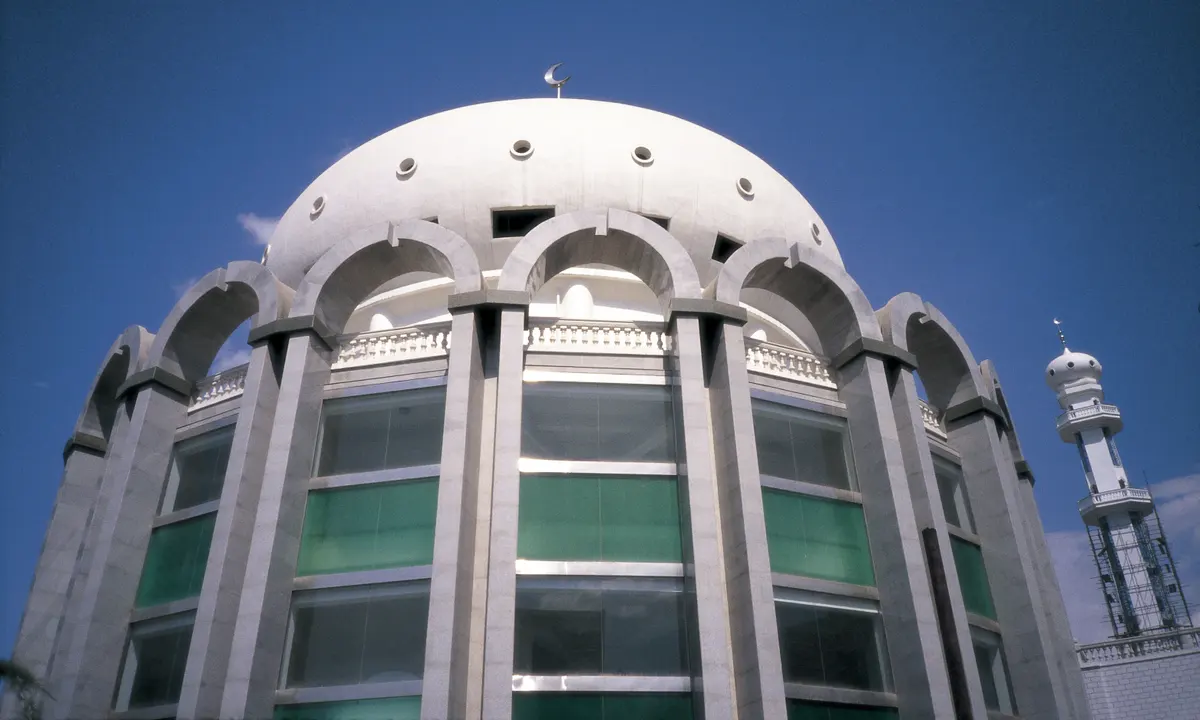The Chinese government has been attempting to close mosques outside of Xinjiang, which has been under fire for years for its treatment of Muslim minority.
This expansion has reached the Ningxia region and Gansu province, areas with significant Hui Muslim populations.
According to Times of India, citing the Human Rights Watch report, which uses satellite imagery, public records, and firsthand testimonies, these closures are a component of an official plan known as “consolidation.”
Local authorities have begun closing mosques and changing their architectural designs to better fit the “Chinese” style.
This is part of the Communist Party’s broader initiative to exert greater control over religious practices and minimise potential threats to its authority, added the report.
Since 2016, President Xi Jinping has advocated for the “Sinicization” of religions, leading to intensified crackdowns, particularly in Xinjiang. This region is home to over 11 million Uyghurs and other Muslim minorities.
A United Nations report from the previous year suggested that China’s actions in Xinjiang, including the establishment of extrajudicial internment camps holding at least 1 million Uyghurs, Huis, Kazakhs, and Kyrgyz, might constitute “crimes against humanity.”
Human Rights Watch’s findings reveal that mosque closures, demolitions, or conversions for secular purposes are occurring in areas outside Xinjiang as part of a broader clampdown on religious expression.
The report mentioned that the Chinese Foreign Ministry has not immediately responded to inquiries about the report and its policies towards Muslim minorities.
The first reference to the idea of “mosque consolidation” was found in an April 2018 internal party document that was disclosed to US media as part of the “Xinjiang Papers.”
This document prohibited the construction of new mosques in an effort to decrease the overall number of mosques and urged state authorities to oversee the maintenance and development existing Islamic religious facilities.
According to The Guardian report, both David Stroup of the University of Manchester and Hannah Theaker, a lecturer at the University of Plymouth, pointed out that removing the ablution facilities practically makes these structures unfit for worship, even though they don’t look like it.
It is estimated that since 2020, over 1,300 mosques in Ningxia—roughly one-third of all mosques registered — have closed. Mosques that have been closed or destroyed because of their unofficial status are not included in this number.
Maya Wang, acting China director at Human Rights Watch, criticised the government’s actions, stating that the closures and destruction of mosques represent a systematic effort to suppress Islam in China, contradicting the government’s claim of merely “consolidating” mosques.
In Ningxia’s Liaoqiao and Chuankou villages, all seven mosques had their domes and minarets dismantled, and three main buildings were demolished between 2019 and 2021, as evidenced by online videos and satellite imagery. Additionally, the ablution hall of one mosque was internally damaged.
A March 2018 document from Yinchuan, Ningxia’s capital, also referenced the policy of consolidating mosques. It outlined a strategy to control the number and size of religious venues and encouraged mosques to adopt Chinese architectural styles, suggesting that combining mosques could address the issue of their abundance.
In Gansu province, local governments have documented efforts to consolidate mosques. For instance, in Guanghe County, predominantly Hui, 12 mosques were deregistered, five were closed, and another five were improved and consolidated in 2020, as per the government’s annual yearbook mentioned in the report.
An imam from Ningxia interviewed by Radio Free Asia explained that the mosque consolidation policy requires merging any mosques within 2.5km of each other. He expressed concerns that this policy would lead to a decline in religious participation among younger and middle-aged people, eventually eroding the Islamic faith and leading to the sinicization of Muslims.
There have also been reports of mosque closures or alterations in other parts of China, occasionally sparking public protests. In May, in Nagu town, Yunnan province, residents clashed with police over the planned demolition of a mosque dome.

